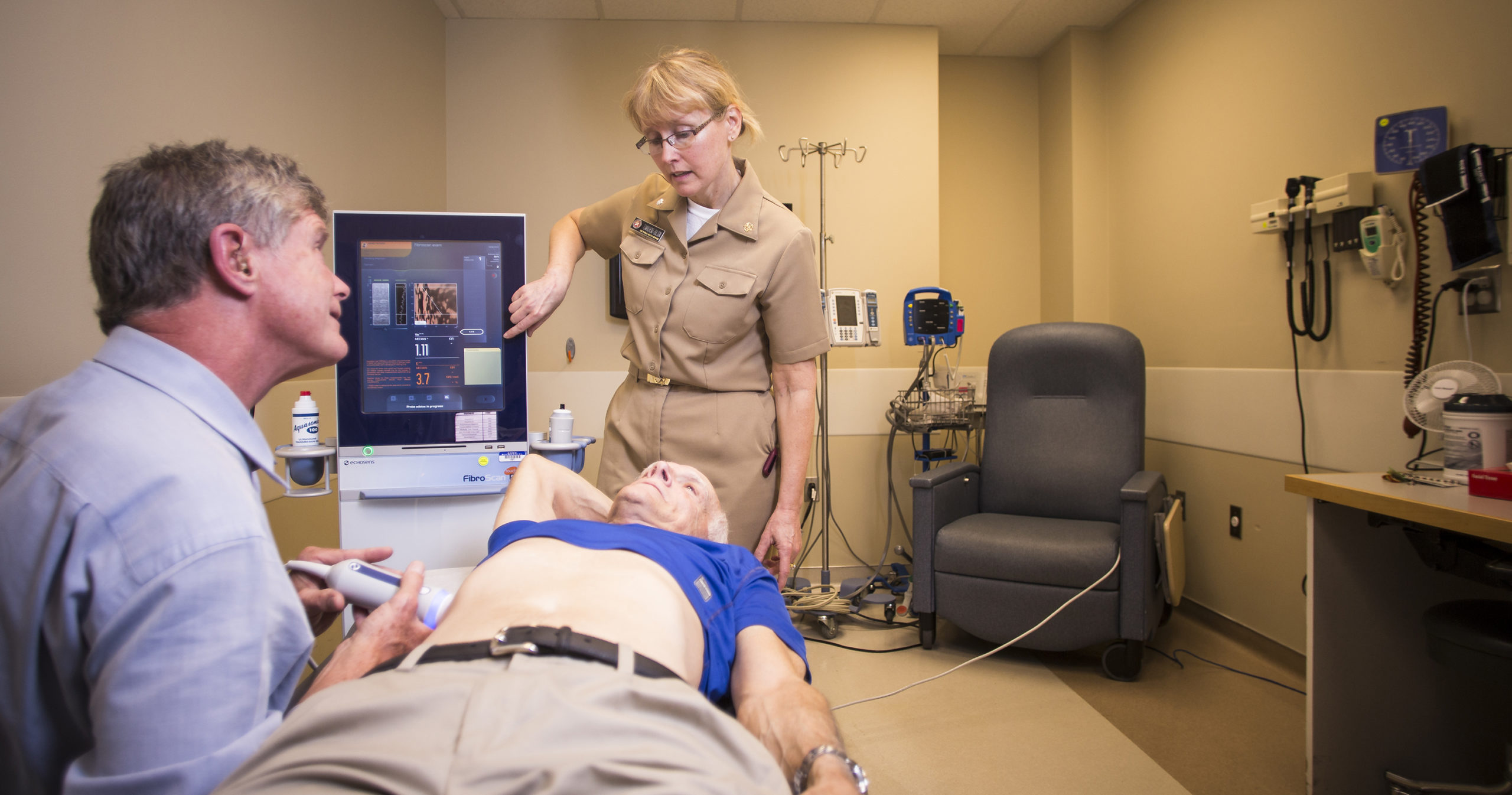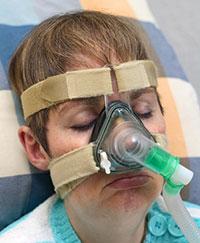Table of ContentsThe Greatest Guide To What Is A Law School Clinic Like? - NelThe Facts About Uc San Diego's Practical Guide To Clinical Medicine - Meded RevealedClinic - Wikipedia - QuestionsThe Facts About What Is The Purpose Of Clinic? — Dankmeyer, Inc. UncoveredThe Ultimate Guide To Clinic Vs. Hospital - Blog - Amopportunities
" Our goal is to have our members taken care of by primary-care service providers." The number of post-discharge centers are in operation today is not understood. Fundamental financial information, too, are restricted, however some state it is not likely a post-discharge center will cover operating costs from billing incomes alone. Hence, such clinics will need financing from the medical facility, HM group, health system, or health plans, based on the advantages the center provides to discharged clients and the impact on 30-day readmissions (for more about the logistical challenges post-discharge centers present, see "What Do PCPs Think?").
" We have not yet been asked to show our financial practicality," Dr. Doctoroff states. "I believe the clinic leadership believes we are fulfilling other objectives for now, such as developing simpler gain access to for their clients after discharge." Amy Boutwell, MD, MPP, a hospitalist at Newton Wellesley Healthcare Facility in Massachusetts and creator of Collaborative Healthcare Techniques, is amongst the post-discharge skeptics.
Williams that the post-discharge idea is more of a momentary fix to the long-term concerns in primary care. "I think the idea is getting more play than actual activity out there right now," she states. "We require to find opportunities to handle shifts within our scope today and tomorrow while tactically taking a look at where we want to be in 5 years [as medical facilities and health systems]" Dr.
" We consider follow up as physician-led, but there are alternatives and doctor extenders," she says. "It is well-documented that our health care system underuses house health care and other services that may be handy. We forget how numerous other opportunities there are in our communities to get another clinician to touch the patient." Hospitalists, as essential gamers in the healthcare system, can speak out in support of enhancing primary-care networks and developing more collaborative relationships with PCPs, according to Dr.
Not known Incorrect Statements About What Is An Onsite Clinic? - National Association Of Worksite ...
" If you're going to establish an outpatient clinic, preferably, have it staffed by PCPs who can funnel the clients into primary-care networks. If that's not feasible, then hospitalists need to continue with care, considering that this approach starts to take them out of their scope of practice," he states. With 13 years of experience in metropolitan healthcare facility settings, Dr.
" However I don't know that we have actually yet enhanced the health center discharge procedure at any medical facility in the United States," he says. That said, Dr - what is a pain clinic. Williams knows his healthcare facility in downtown Chicago is now working to develop a post-discharge center. It will be staffed by PCPs and will target patients who do not have a PCP, are on Medicaid, or absence insurance.
Williams says, "is what occurs when you follow patients out into the outpatient setting? It's hard to do simply one see and draw the line. Yes, you may avoid a readmission, but the client is still left with chronic health problem and the requirement for primary care." is an independent author based in Oakland, Calif.
Healthcare facilities have actually numerous departments equipped to deal with a broad selection of medical issues and admit clients for treatment. They use a range of opportunities for clinical work, in addition to positions in research, education, and management. Many health centers appoint allied health care workers to one particular department where they communicate with clients, nurses, and physicians every day.
Our What's The Difference Between A Hospital And A Clinic? - Quora Ideas
If you're currently enthusiastic about a specific specialized, outpatient centers could be the ideal location for you. If you choose a more laidback work environment that stresses client care, a clinic is probably a better option. The exact same goes for someone who intends to avoid hospice situations. Don't have kids now? Working a night shift at a health center might be perfect for your schedule, but moms and dads with school-aged kids may choose a clinic setting.

Have experience operating in a center or health center? We 'd love to hear your thoughts in the comments below! It's not constantly easy to determine the working environment that will fit you best. With allied health care tasks available in both healthcare facilities and clinics, how do you understand where you should begin your career? Both have a lot to provide however vary in regards to expectations, requirements, and status seeking.
You might discover that your best future profession is literally around the corner. Because hospitals are open 24 hr a day, they're more busy than personal centers. If you choose a job where "anything can occur", working in a health center may be a terrific choice. Experts who stand out in these locations are easily able to find work at other hospitals throughout the nation.
gynecology, dermatology, chiropractic). These companies may be run by a primary doctor or comprised of multiple physicians, which is referred to as a "group practice." With more regular hours and visits made in advance, centers provide a more reliable workflow. Allied health professionals in clinics tend to supply more one-on-one client care and may even carry out jobs that fall outside of their designated responsibilities (e.g.
What Is A Clinic? - Definition From Workplacetesting for Dummies
Clinics and hospitals each have their own advantages and disadvantages, however subjectivity plays a huge role. For instance, what someone views as a positive characteristic might be considered unfavorable by another person. Healthcare facilities often provide higher base pay than centers. Employment opportunities exist throughout the nation, using terrific task stability to allied healthcare specialists.
Lots of chances to find out a range of abilities, explore different profession interests, and work with top-level talent. Administrative professionals handle much of the documentation for you. Health insurance alternatives are almost constantly offered to full-time staff members. Jobs in hospitals tend to come with capped incomes. Your schedule could rotate between days, nights, and overnights. what is a colorectal clinic.
Depending on the department, you may be regularly exposed to uncomfortable and/or dismaying circumstances. More trustworthy shifts, with less holiday and weekend hours needed. Work is generally more routine than in a healthcare facility, so you can better anticipate your tasks on any given day. It prevails to develop long-lasting relationships with clients - what https://www.onlinebusinessoffice.com/listing/transformations-treatment-center/ is http://www.lacartes.com/business/Transformations-Treatment-Center/1605479 a g.u.m clinic.

Pay is typically lower than at health centers (though you might have more chances to work out for a higher salary). Overtime is more restricted at private clinics. Allied health professionals tend to finish more paperwork than at health centers. A predictable routine can become uninteresting for some. Despite where you see yourself, healthcare facilities and centers desire the same things: enthusiasm, aspiration, and professionalism.
What Is A Medical Clinic: Types And How Clinics Differ From ... for Beginners
To assist you make an educated choice, why not ask some regional health care experts about their preferred components of their jobs? What would they most like to alter? If you're thinking about an allied health career and are presently in the New Jersey location get the ball rolling by contacting a GOALS representative today.
Origin From French, from Late Latin clinicus (" a bed-ridden person, one baptized on a sick-bed, a physician"), from Ancient Greek (klinikos, "referring to a bed"), from (klin, "bed"), from (klinein, "to lean, incline").
At the intersection of growth in demand for health care and a scarcity of medical care providers, advanced practice signed up nurses (APRNs) are helping to deal with healthcare industry obstacles. APRNs, which consist of nurse professionals, offer health care management in lots of methods and throughout various settings. Two of the most common environments where APRNs can help advance nursing practice and enhance patient outcomes are healthcare facilities and clinics.